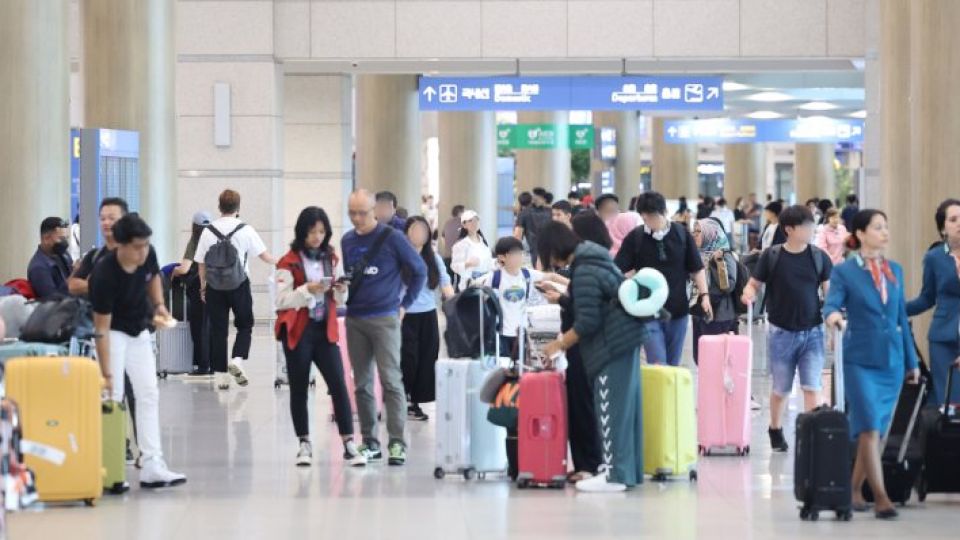July 5, 2023
SEOUL – Contained in the government’s economic plans for 2023 announced Tuesday was a stimulus option that had been neglected for years: immigration.
Reaffirming plans announced by the Justice Ministry last week, the government said it would revise immigration policies in the fourth quarter to increase the rapidly-aging country’s economically active population.
The policy changes include extending the duration of work visas, as well as expanding the range of industries eligible for work visas.
A key part of the plan is a 15-fold increase in the annual quota for E-7-4 visas — which are issued to manual workers who have a strong work record here — in the second half of the year.
The Korean government has been issuing a limited number of E-7-4 visas to foreigners. The quota has been increased from 1,000 in 2020 and 2,000 in 2022 to 5,000 this year.
After criticism that the quota is still too low, the government announced last week that it would raise it to 30,000.
The government is also considering expanding the quota next year for E-9 visas, which are for manual workers. Approximately 70,000 people entered the country on E-9 visas last year, with the total number of E-9 holders standing at about 270,000.
The government will consider the introduction of a data-based quota system for work visa programs, which would set an annual limit on the total number of visas that can be issued.
The government believes that this quota system will enhance predictability for foreign nationals seeking employment in Korea and simultaneously address social concerns surrounding the influx of low-wage foreign workers.
Residence visa rules will also be eased in the fourth quarter.
Foreign residents recommended by local governments or ethnic Koreans who don’t already qualify will be eligible to receive a special residence visa (F-2) or ethnic Korean visa (F-4) on the condition of residing and working in the designated area for a certain period. The visa scheme was introduced to support areas affected by population decline.
A pilot program for foreign domestic helpers will also be run in the second half of the year. The government will then conduct a comprehensive review to determine whether to expand the program further next year.
Additionally, as part of this initiative, E-9 visa holders will be authorized to work in certified domestic service agencies.
Meanwhile, to attract more foreign tourists to visit Korea, the government will strengthen services for them.
From July to August, around 700 airplane tickets will be provided to foreign tourists to encourage their visit to Korea. These round trip tickets will be provided through diverse online and offline events.
Also, local governments’ special tour program for those who landed in Korea to transfer flights will be developed and launched this year.
Night tours in various languages at Gyeongbokgung will be resumed and held twice in the second half of this year. Additionally, the night tour at Changgyeonggung will be extended to 24 times, compared to the six times offered from January to June.
Moreover, the government will provide support to expedite the opening of the new casino resort on Yeongjongdo, aiming to have it operational by the end of this year, ahead of the original schedule.
To enhance convenience for foreign tourists, it will be made possible for them to use overseas ride-hailing apps and tourism apps to call domestic taxis.
Additionally, reservation systems for railways, express buses, and other transportation will be improved to allow foreign nationals to make bookings from overseas and also pay easily by using international credit cards.


